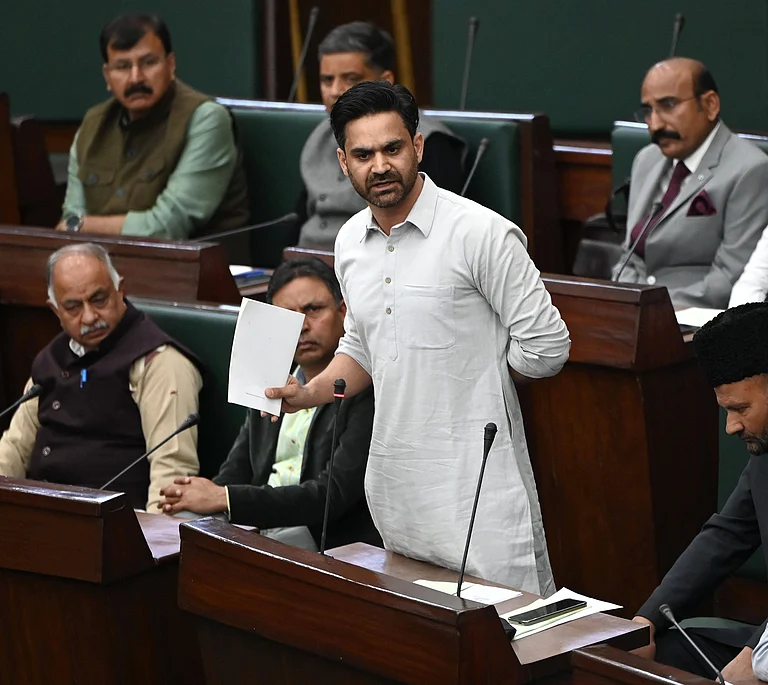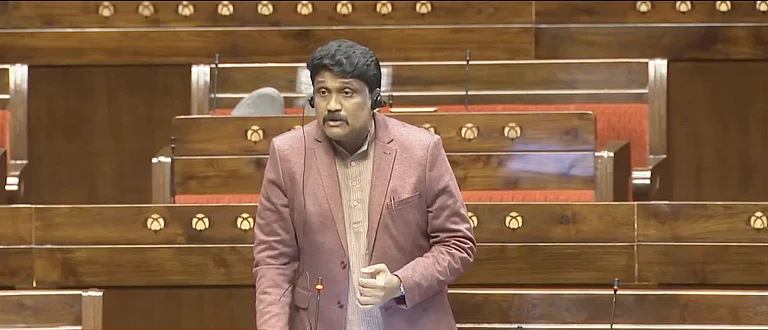A close friend had passed away last year. Yesterday was her death anniversary and I was embarrassed and shocked at just how quickly so much about her life had been erased from the memory stick in my head. Without thinking, I checked out her Facebook page and it all came flooding back. There she was, an endless parade of photos, at work and play, her profile remained intact, bringing back more memories, and then there were the posts, many from me. Her husband, also a close friend, had preferred to preserve her like this, a permanent digital legacy of her life and loves and thoughts, instead of setting up a memorial page which only those designated can access.
Till a few years ago, remembering those that had passed on had a physical dimension to it. You had to travel somewhere---a burial ground or to attend a memorial service for those who had been cremated. There were invariably bulky photo albums to be dusted off every year as part of the remembrance ritual. Now, in the digital age, the past is present, and at all times. We are all alive, even the dead, though they may no longer be responding to your jokes or queries.
I look at my friend’s Facebook page and it looks as if she never died, just stole away quietly in the night to go live in an isolated commune where there is a ban on communication. There are even somber posts remembering her on the first death anniversary. In truth, there is some distant server in Menlo Park where she remains alive, her beliefs, thoughts, friends and relationships still extant if frozen in time. For me, what matters is she still endures, even if it is only online. Facebook is keeping her alive, and I doff my hat to Mr. Zuckerberg.
In that sense, Facebook is also a burial ground, albeit a digital one. According to one recent estimate, last year, a decade after the platform was launched, close to 50 million people with Facebook accounts had died. Facebook currently has 1.6 billion registered users globally, more than any other social network and it is estimated that 8,000 of them die each day. What that means is that at some stage in the near future, there will be more dead Facebook users than living ones. Scary thought but it brings us back to the question of leaving a digital legacy. We are, in a sense, doing that each day on our multiple social media personas. What we write and respond to each day is, at one level, like writing our autobiography.
One survey shows that the average person spends close to three hours a day on social media networks, penning our thoughts, revealing our biases, our religious beliefs, political and economic ideology, our likes and dislikes in music, art, books, movies, food and so much else. In other words, we are compiling a digital biography. Moreover, there will be plenty of photographs to illustrate the compilation and even record the ageing process. Yesterday, a colleague I worked with in the early 80s posted a photo with his grandson at the latter’s birthday. I was amazed at how old he looked and the fact that I didn’t know he had a grandson. Our digital footprint says more about us than we think.
Of course, one reason that many social network users who have died remain alive is because of the cumbersome process involved in creating a separate memorial page. To memorialize a dead person’s account, a special form needs to be filled in along with proof of death, like a death certificate. The form then has to be submitted to the social network which will verify it before providing clearance for a “Digital Inheritance”. This is like a will which hands over digital assets to beneficiaries, usually a spouse or progeny, and include writings, photographs and social interactions. The memorial page created from this is only accessible to designated people who are given a secret password.
No wonder so many users who have passed away still have regular social media accounts. These accounts still get friend requests, get tagged in posts and even receive birthday wishes. Pinterest does not even deactivate accounts, so your digital soul will wander on in cyberland forever.
Indeed, technology has redefined how we live and die. In life, we are obsessed by immortality and the realization that it will always remain tantalizingly out of reach. In our social network avatar, even after our physical demise, we are digitally reincarnated. In fact, most of us tend to reveal more of ourselves on social media than we do in real life, without quite realising it. If we need to get something of our chest and there’s nobody around, a rant on social media is an instant and convenient substitute. The digital persona we leave behind on Facebook and other networks is, therefore, a more accurate representation of a person than the physical one. Many of us have an established Internet presence on multiple platforms. When we have shuffled off our mortal coil, it provides a presence more powerful and long lasting than any epitaph.

























